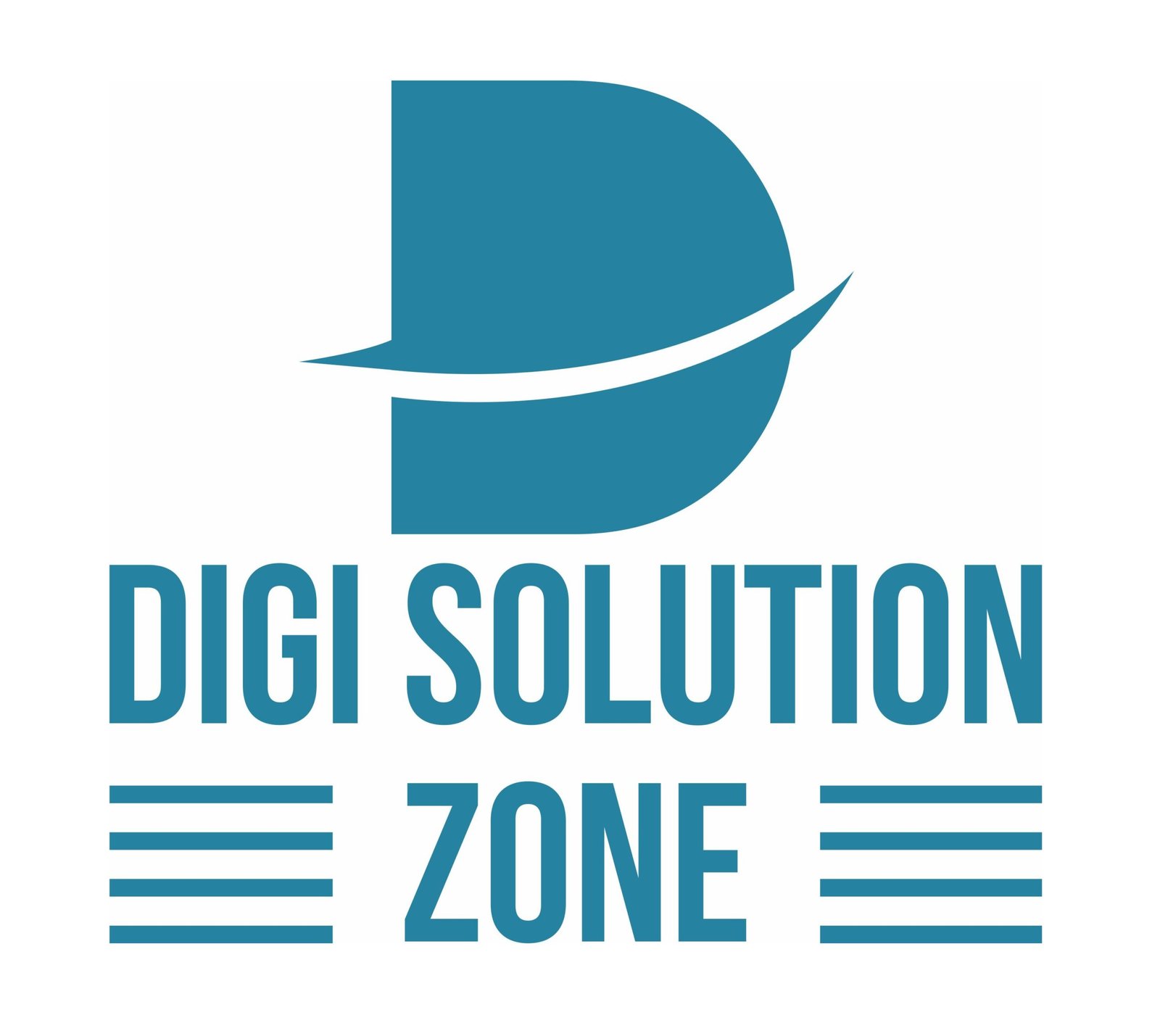Optimizing your hourly paycheck has become more critical in today’s fast-paced world. With the rising cost of living and economic uncertainties, making the most of every hour you work is essential for financial stability and success.
This guide will walk you through the strategies and techniques to master the art of hourly paycheck optimization, ensuring you get the most out of your hard-earned money.
Understanding Hourly Paychecks
Before delving into the optimization techniques, it’s essential to have a solid understanding of how hourly paychecks work. Hourly wages are calculated based on the number of hours you work multiplied by your hourly rate. However, it’s not just about the gross amount; taxes, deductions, and benefits also come into play.
Hourly Rate
- Know your hourly rate and the amount you earn per hour worked.
- Understand that your hourly rate can vary depending on your job, experience, and location.
Taxes and Deductions
- Be aware of the taxes and deductions that will reduce your gross earnings.
- Learn about federal and state income taxes, Social Security, and Medicare deductions.
Benefits
- Explore the benefits offered by your employer, such as health insurance, retirement plans, and paid time off.
- Consider the value of these benefits when evaluating your total compensation.
Budgeting and Financial Planning
The first step in optimizing your hourly paycheck is to create a solid budget and financial plan. This will help you track your expenses, save money, and achieve your financial goals.
Budgeting
- Calculate your monthly expenses, including rent or mortgage, utilities, groceries, transportation, and entertainment.
- Allocate a portion of your paycheck to cover these expenses, ensuring you live within your means.
Emergency Fund
- Build an emergency fund to cover unexpected expenses like medical bills or car repairs.
- Aim to save at least three to six months of living expenses.
Retirement Savings
- Contribute to a retirement savings account, such as a 401(k) or IRA, to secure your financial future.
- Take advantage of employer-sponsored retirement plans and matching contributions.
Time Management and Efficiency
Maximizing your productivity during work hours is crucial to optimize your hourly paycheck. This chapter focuses on time management and efficiency strategies.
Prioritization
- Identify high-priority tasks and tackle them first to maximize your productive hours.
- Use tools like to-do lists or project management apps to stay organized.
Avoiding Distractions
- Minimize distractions at work by silencing your phone, blocking distracting websites, and creating a focused work environment.
- Take regular breaks to recharge, but set limits to prevent extended distractions.
Skill Development
- Invest in improving your skills and knowledge to increase your earning potential.
- Consider taking online courses or attending workshops related to your field.
Negotiating Your Hourly Rate
Negotiating your hourly rate is one effective way to optimize your hourly paycheck. This chapter provides tips on how to negotiate for better pay.
Research Market Rates
- Research industry standards and salary surveys to determine the fair market rate for your job.
- Use this information as leverage during negotiations.
Highlight Your Achievements
- Showcase your accomplishments, skills, and contributions to demonstrate your value to your employer.
- Provide concrete examples of how you have positively impacted the company.
Confidence and Timing
- Approach negotiations with confidence and assertiveness.
- Choose the right time to discuss a raise, such as during a performance review or after completing a significant project.
Tax Strategies and Deductions
Understanding tax strategies and deductions can significantly impact the amount you take from your hourly paycheck.
Tax Planning
- Consult with a tax professional to develop a tax strategy that minimizes your tax liability.
- Explore tax credits and deductions available, such as the Earned Income Tax Credit (EITC) or the Child Tax Credit.
Deductible Expenses
- Keep track of deductible expenses related to your job, such as mileage for work-related travel or home office expenses.
- Ensure you claim these deductions when filing your taxes.
Tax-Advantaged Accounts
- Consider reducing your taxable income by contributing to tax-advantaged accounts like Health Savings Accounts (HSAs) or Flexible Spending Accounts (FSAs).
Side Hustles and Additional Income Streams
Boosting your hourly paycheck can also be achieved by exploring side hustles and additional income streams outside your primary job.
Freelancing
- Utilize your skills and expertise to take on freelance work or consulting gigs.
- Platforms like Upwork and Fiverr can connect you with potential clients.
Passive Income
- Explore passive income opportunities such as investing in stocks or real estate or creating an online business.
- Understand the risks and rewards associated with each passive income option.
Gig Economy Jobs
- Consider part-time or gig economy jobs that allow you to earn extra income on your terms.
- Popular options include ridesharing, food delivery, and online tutoring.
Continuous Learning and Career Growth
Investing in your education and career growth can lead to better job opportunities and higher hourly pay rates.
Professional Development
- Stay up-to-date with industry trends and advancements through workshops, conferences, and online courses.
- Pursue certifications or advanced degrees to enhance your qualifications.
Networking
- Build a solid professional network by attending industry events and connecting with colleagues and mentors.
- Networking can open doors to higher-paying job opportunities.
Conclusion
Mastering the art of hourly paycheck optimization is a journey that requires careful planning, continuous learning, and strategic decision-making. By understanding the fundamentals of hourly paychecks, budgeting effectively, managing your time efficiently, negotiating for better pay, and exploring additional income streams, you can significantly enhance your financial well-being and achieve your financial goals.




